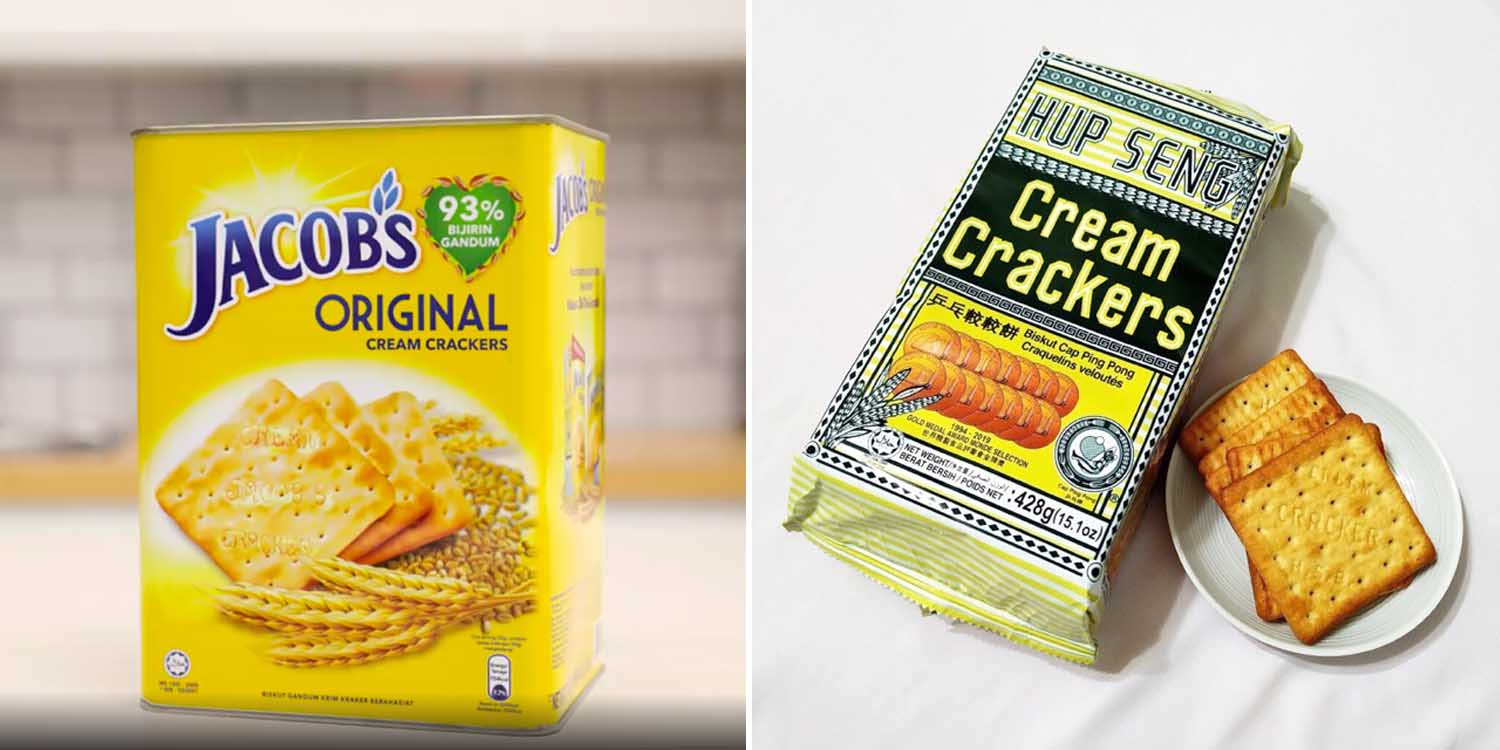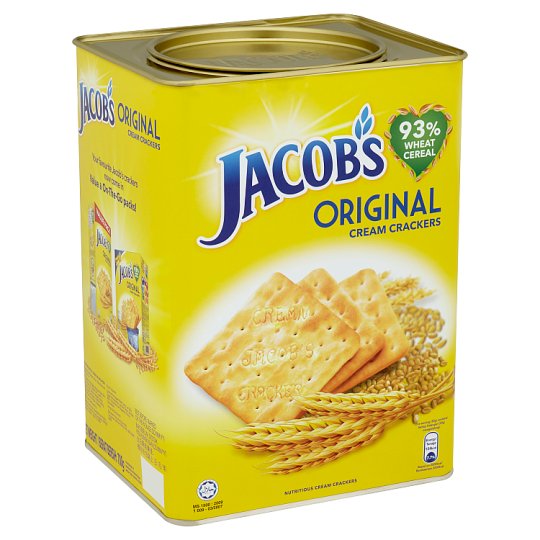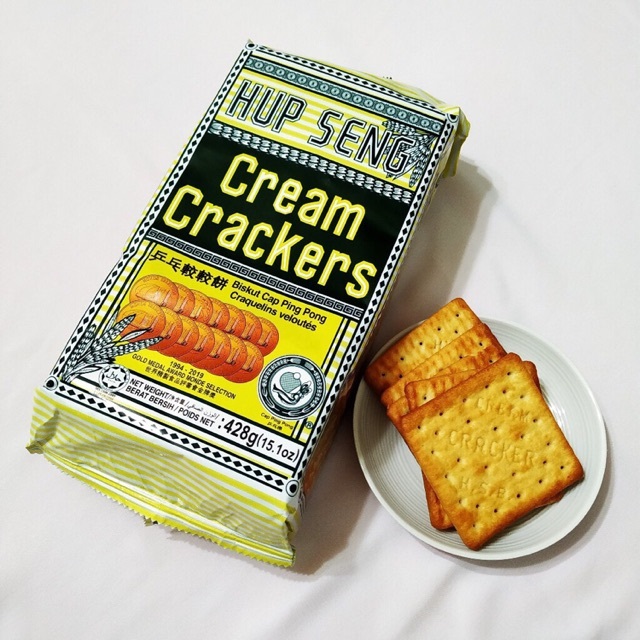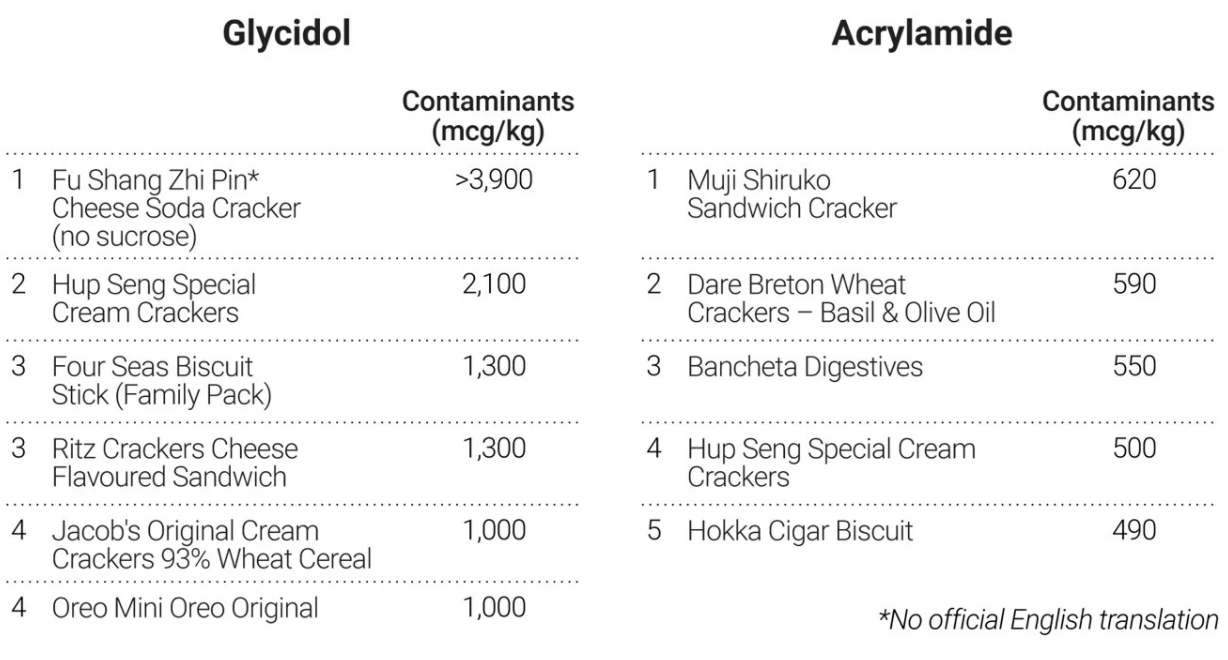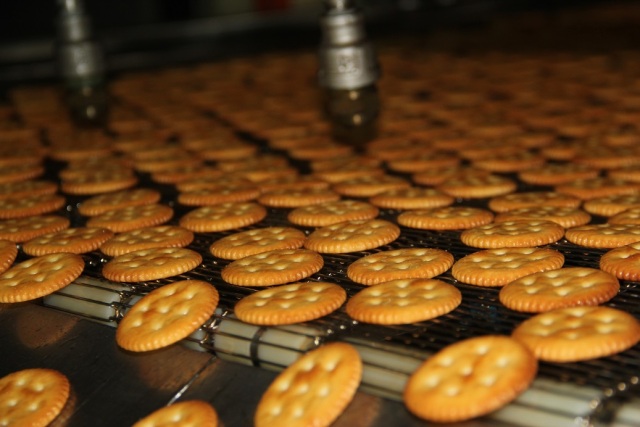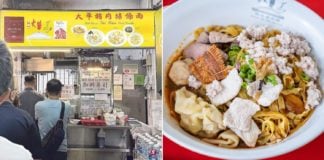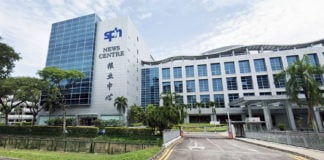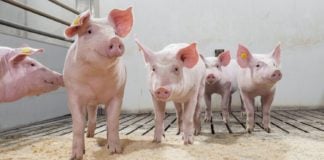Claims Of Biscuit Brands Jacob’s, Julie’s, & Hup Seng Containing Carcinogens
Whenever we are feeling peckish, biscuits are a common go-to snack to stave off hunger pangs before a meal.
However recently, the Hong Kong Consumer Council made claims that cancer-causing substances were found in 60 brands of biscuits tested.
This includes popular brands such as Jacob’s, Julie’s, and Hup Seng.
On Friday (22 Oct), Malaysia’s Health Ministry announced they are conducting checks on these manufacturers’ premises.
Council finds carcinogens in popular biscuit brands like Hup Seng
Hong Kong’s consumer watchdog recently tested 60 samples of pre-packaged biscuits and crackers.
Amongst the samples tested, all were found to contain carcinogenic substances, reported South China Morning Post (SCMP).
Contaminants that may induce cancer such as glycidol, acrylamide, or both, were found in the samples.
This is likely caused by the processing of these biscuits at high temperatures.
Notable popular brands amongst the samples tested are Hup Seng, Jacob’s, Julie’s, and Oreo.
Here’s a list of the top 5 biscuit brands found with the most carcinogenic contaminants:
Hup Seng, in particular, contains 2,100 mcg/kg of glycidol contaminants and 500 mcg/kg of acrylamide.
Malaysia Health Ministry investigating
Popular biscuit brands Hup Seng, Jacob’s, and Julie’s are manufactured in Malaysia.
On Friday (22 Oct), Malaysia Health Ministry acknowledged Hong Kong Consumer Council’s findings, reported Malaysia’s English daily The Malay Mail.
They shared that their Food Safety and Quality Division is now conducting checks on the factories manufacturing the 3 popular biscuits.
In a statement, the division said contaminants such as acrylamide and glycidol are produced during food processing.
However, this can be controlled through careful selection of raw materials and processes.
Responsibility is on the food industry
The Food Safety and Quality Division continued that regulations state food production premises must implement Food Safety Assurance Program (PJKM) such as MeSTI, GMP, and HACCP.
PJKM ensures risks are identified and food contamination can be reduced or gotten rid of.
They added that it is the industry’s responsibility to ensure food products manufactured are safe.
According to Yahoo News, preliminary investigations show the factories producing the 3 brands under scrutiny are HACCP certified.
Hope investigations will prove fruitful
The Hong Kong Consumer Council also found that 40% of nutrition labels are inaccurate in samples tested.
These findings are certainly concerning and hopefully investigations will get to the bottom of it.
After all, consumers deserve to know what they are purchasing, and especially so from such established brands.
Have news you must share? Get in touch with us via email at news@mustsharenews.com.
Featured image adapted from Walawalpictures and Hardware Zone.

Drop us your email so you won't miss the latest news.
